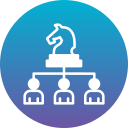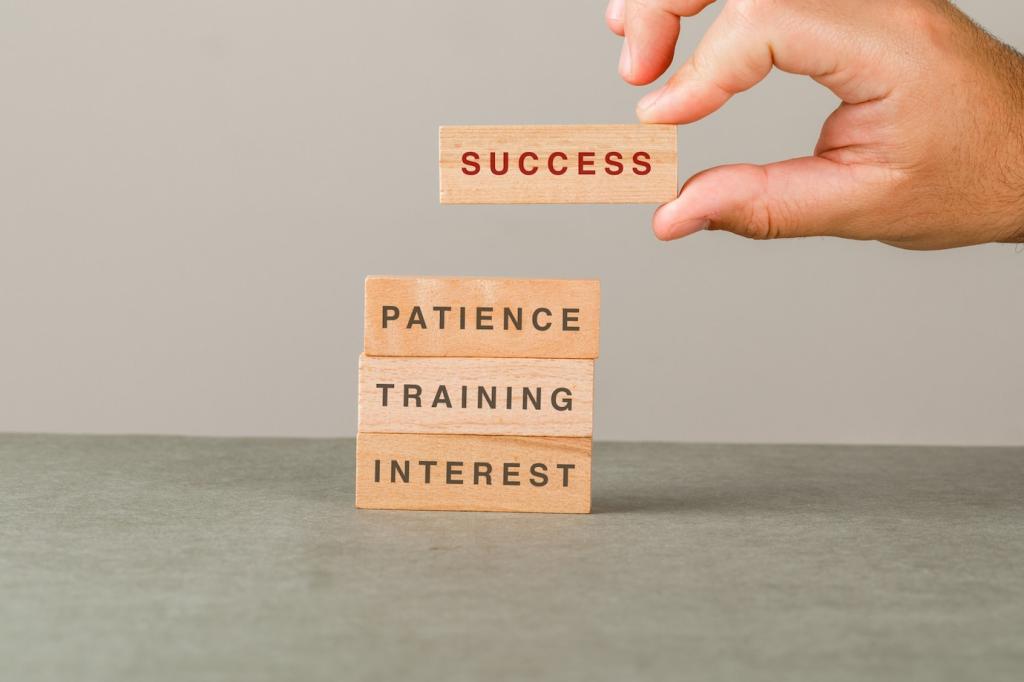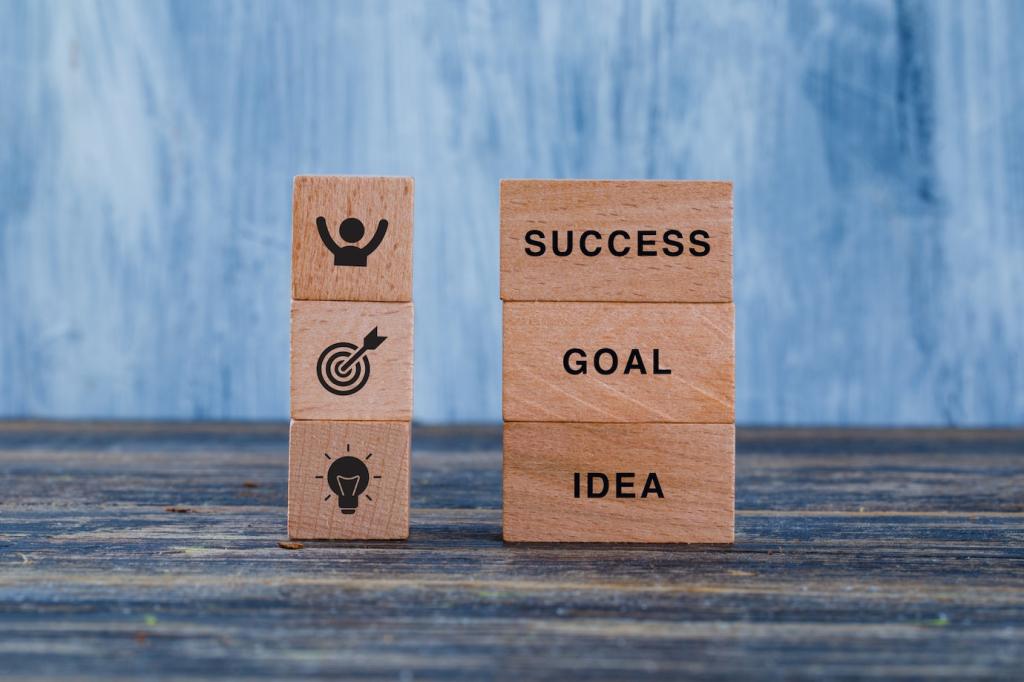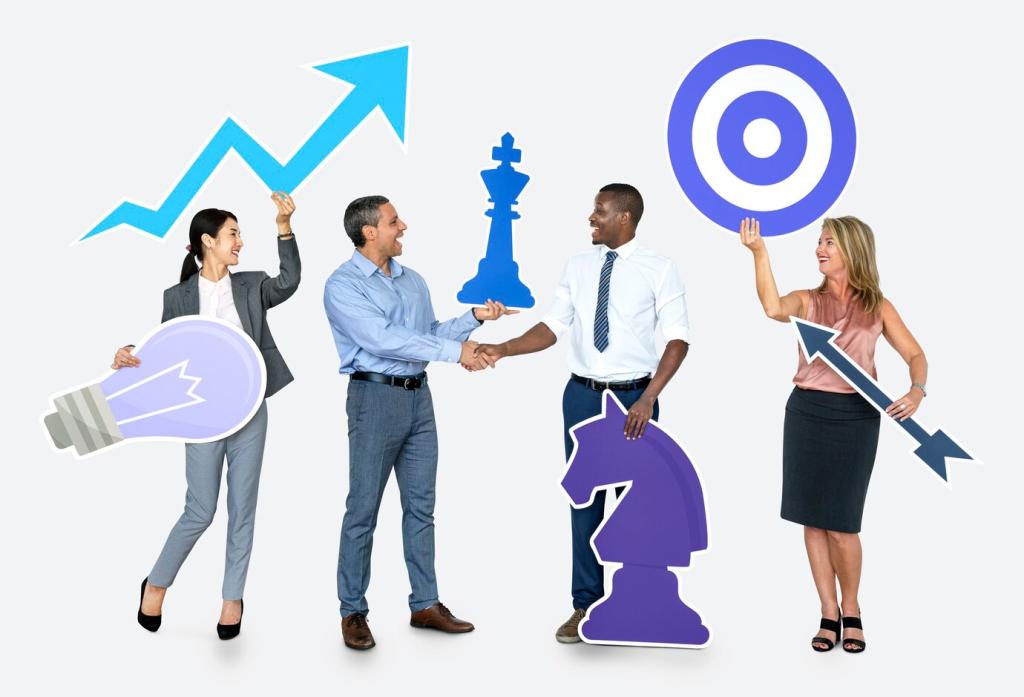Social Capital and Mentorship
Gather three to five peers with complementary strengths. Meet biweekly with rotating hot seats, clear asks, and written updates. Track commitments publicly to increase accountability and celebrate milestone progress together.
Social Capital and Mentorship
Lead with value: a helpful intro, a resource, or a quick teardown. Giving first builds trust and reciprocity. Keep a simple CRM to remember promises, follow-ups, and moments to celebrate your network’s wins authentically.
Social Capital and Mentorship
Chart mentors for skills, strategy, and mindset. Prepare specific questions, implement feedback quickly, and circle back with results. Comment with one mentor you admire and the precise question you plan to ask this month.
Social Capital and Mentorship
Lorem ipsum dolor sit amet, consectetur adipiscing elit. Ut elit tellus, luctus nec ullamcorper mattis, pulvinar dapibus leo.




